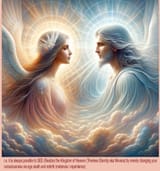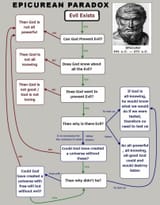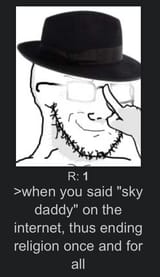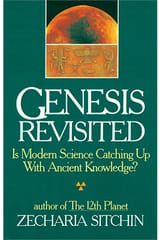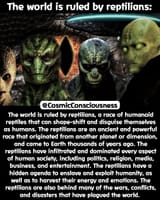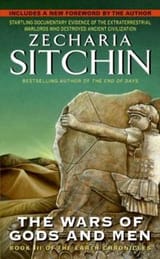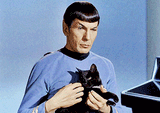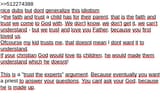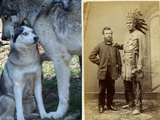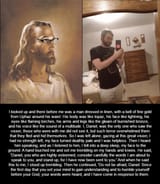Anonymous
ID: PH+9p/qW
8/5/2025, 10:26:14 AM No.512272958
The Christian God's laughably simplistic role as a "good guy" in a cosmic morality play immediately disqualifies any claim of being the source of existence. What kind of supreme creator restricts itself to one half of a binary moral system? A true source would transcend such childish notions of good versus evil, encompassing all aspects of reality rather than playing favorites in an eternal wrestling match with darkness. The very fact that this deity needs to struggle against evil forces proves its limitations—a genuine prime mover would simply be, without requiring opposition to define itself. The Christian God is clearly just another player in a larger game, a powerful but ultimately derivative entity desperately trying to control a reality it never created in the first place.
This entire framework only persists because Western thought insists on dualism.
The problem of evil is only a “problem” because it imagines good and evil as separate, opposing forces, one divine, the other demonic. But this split is artificial. It assumes a clean cosmos: God is pure good, evil is the intruder. Yet this model collapses instantly. If God is all-powerful and good, why does evil exist? Either He allows it (so He’s not good), or He can’t stop it (so He’s not God). The contradictions multiply because the premise is broken—dualism doesn’t describe reality, it imposes a false binary onto it.
In reality, what we call “evil” isn’t some opposing force—it’s part of the same field as good. Suffering, death, destruction, chaos—these aren’t glitches in creation; they are creation, inseparable from beauty, growth, and love. Non-dual traditions avoid this trap because they don't exile one half of existence. They see light and dark as interdependent, like peaks and troughs. The Western mind, trapped in its binary fantasy, demands moral clarity—and cannot face the world it actually lives in.
This entire framework only persists because Western thought insists on dualism.
The problem of evil is only a “problem” because it imagines good and evil as separate, opposing forces, one divine, the other demonic. But this split is artificial. It assumes a clean cosmos: God is pure good, evil is the intruder. Yet this model collapses instantly. If God is all-powerful and good, why does evil exist? Either He allows it (so He’s not good), or He can’t stop it (so He’s not God). The contradictions multiply because the premise is broken—dualism doesn’t describe reality, it imposes a false binary onto it.
In reality, what we call “evil” isn’t some opposing force—it’s part of the same field as good. Suffering, death, destruction, chaos—these aren’t glitches in creation; they are creation, inseparable from beauty, growth, and love. Non-dual traditions avoid this trap because they don't exile one half of existence. They see light and dark as interdependent, like peaks and troughs. The Western mind, trapped in its binary fantasy, demands moral clarity—and cannot face the world it actually lives in.
Replies:

